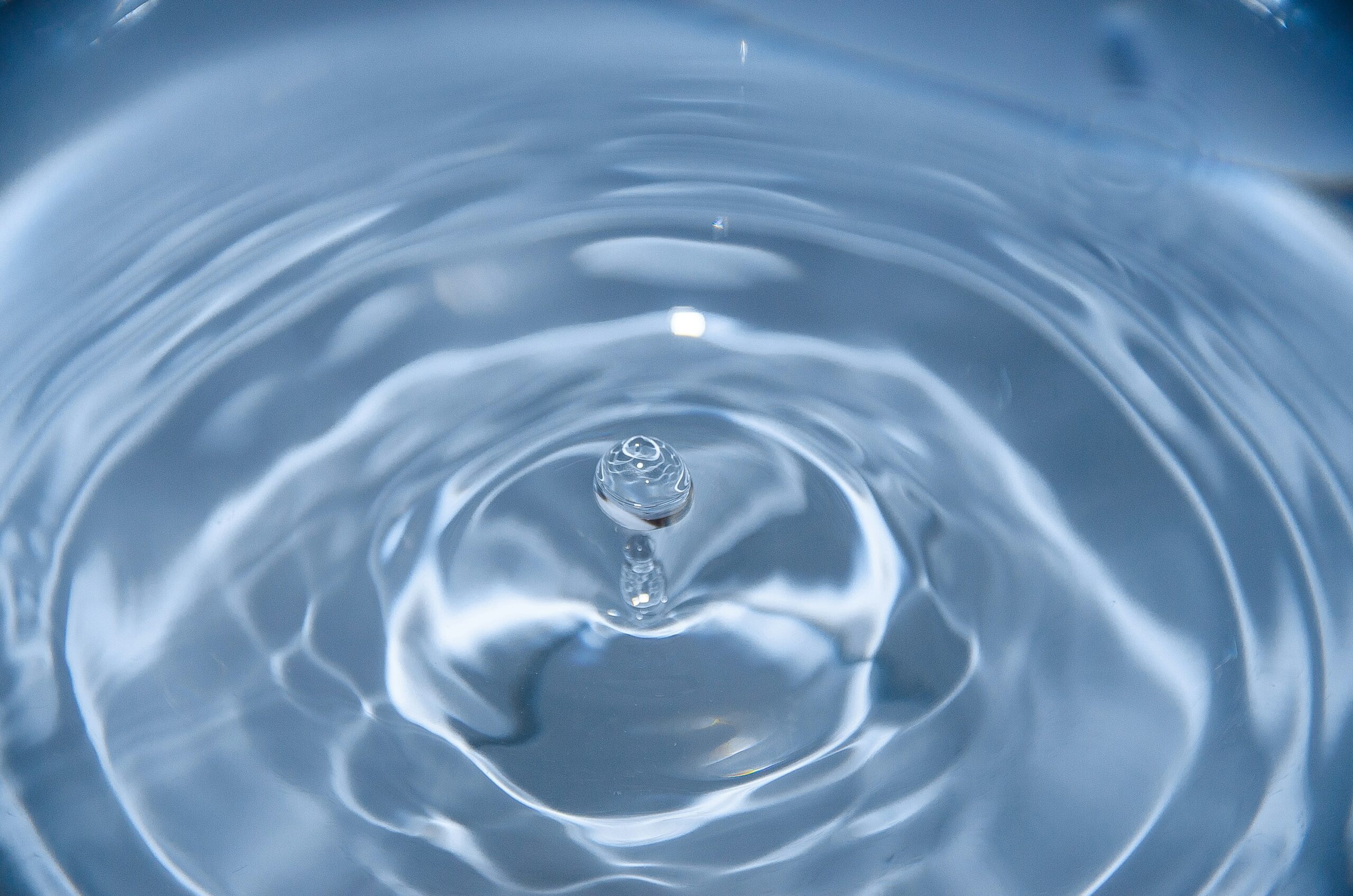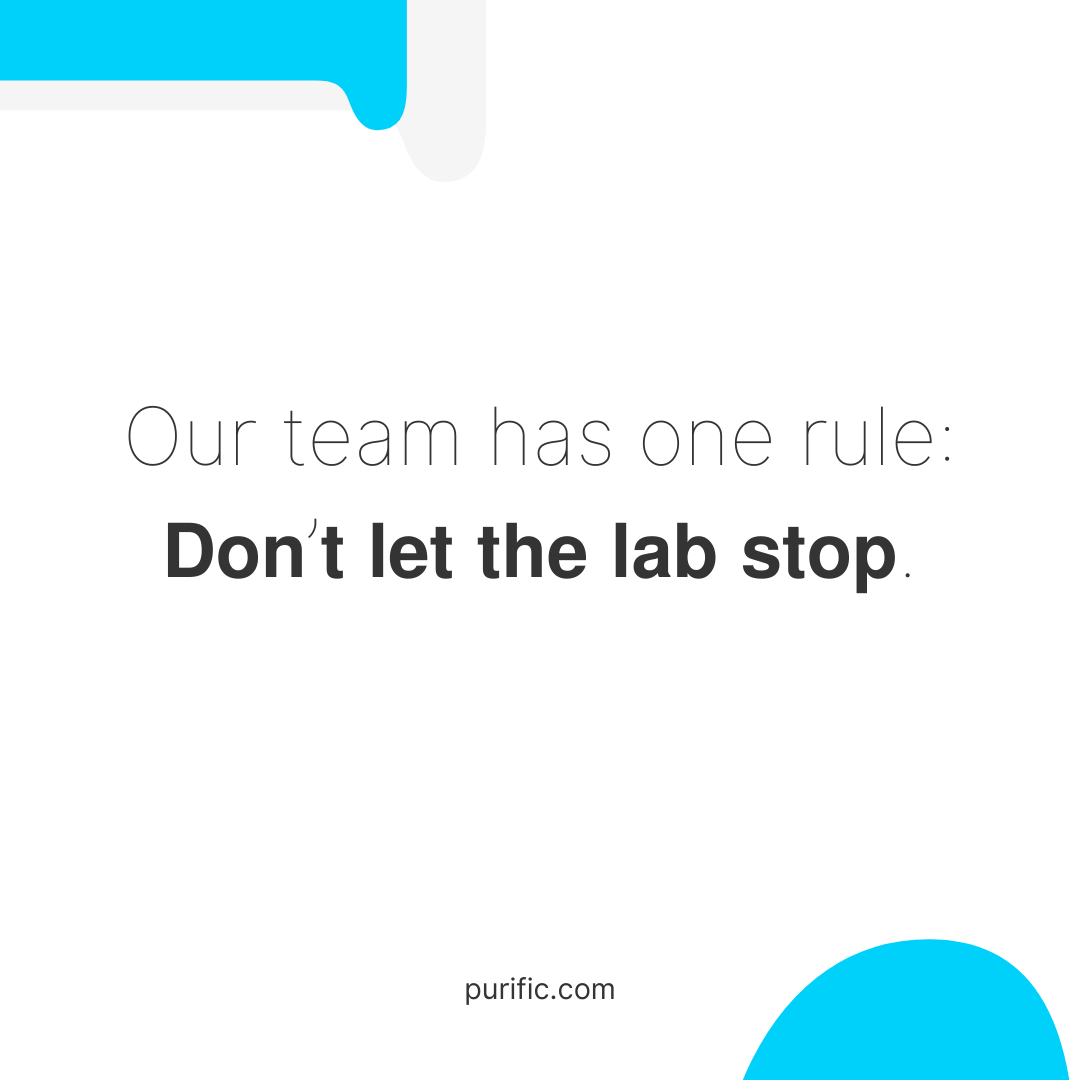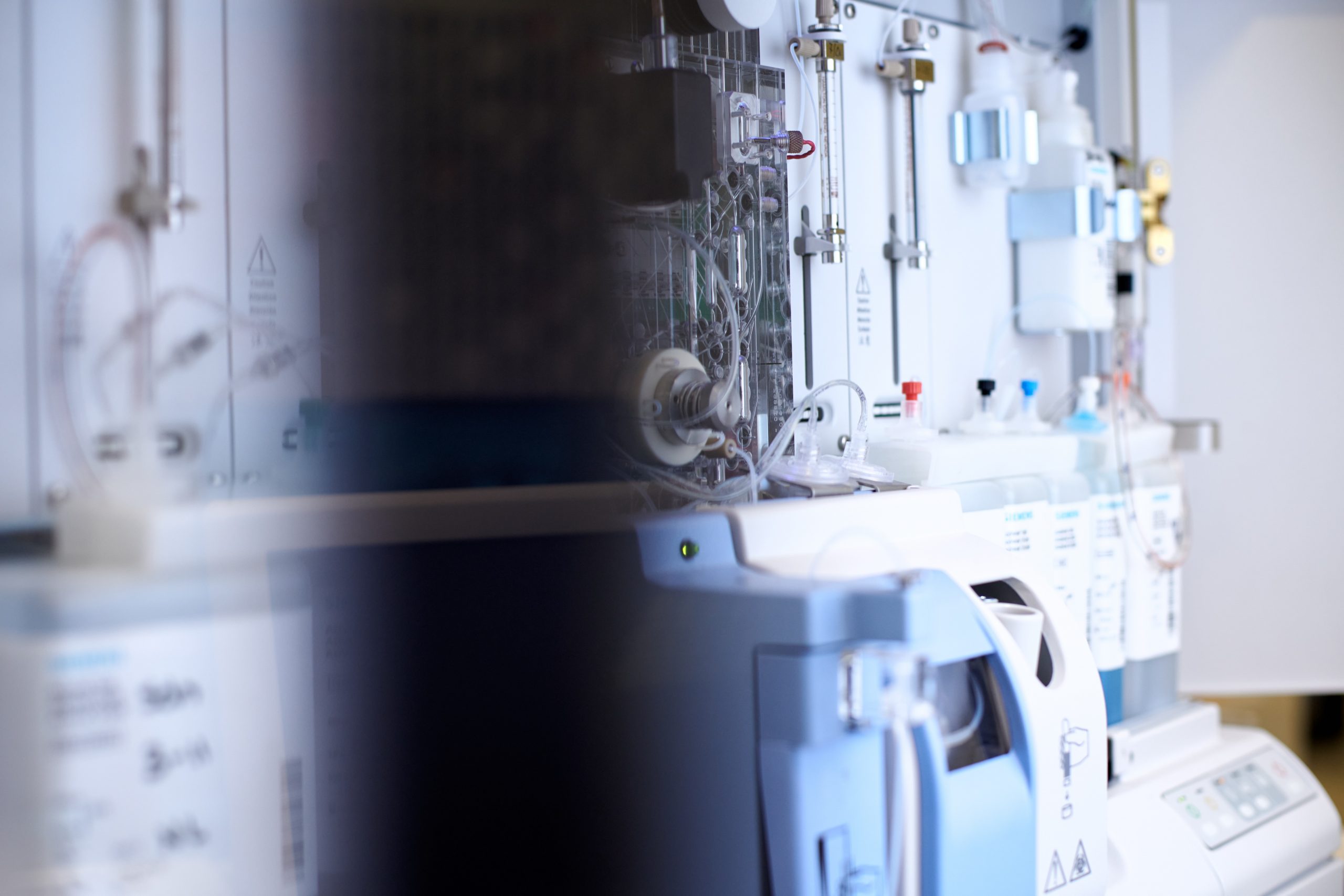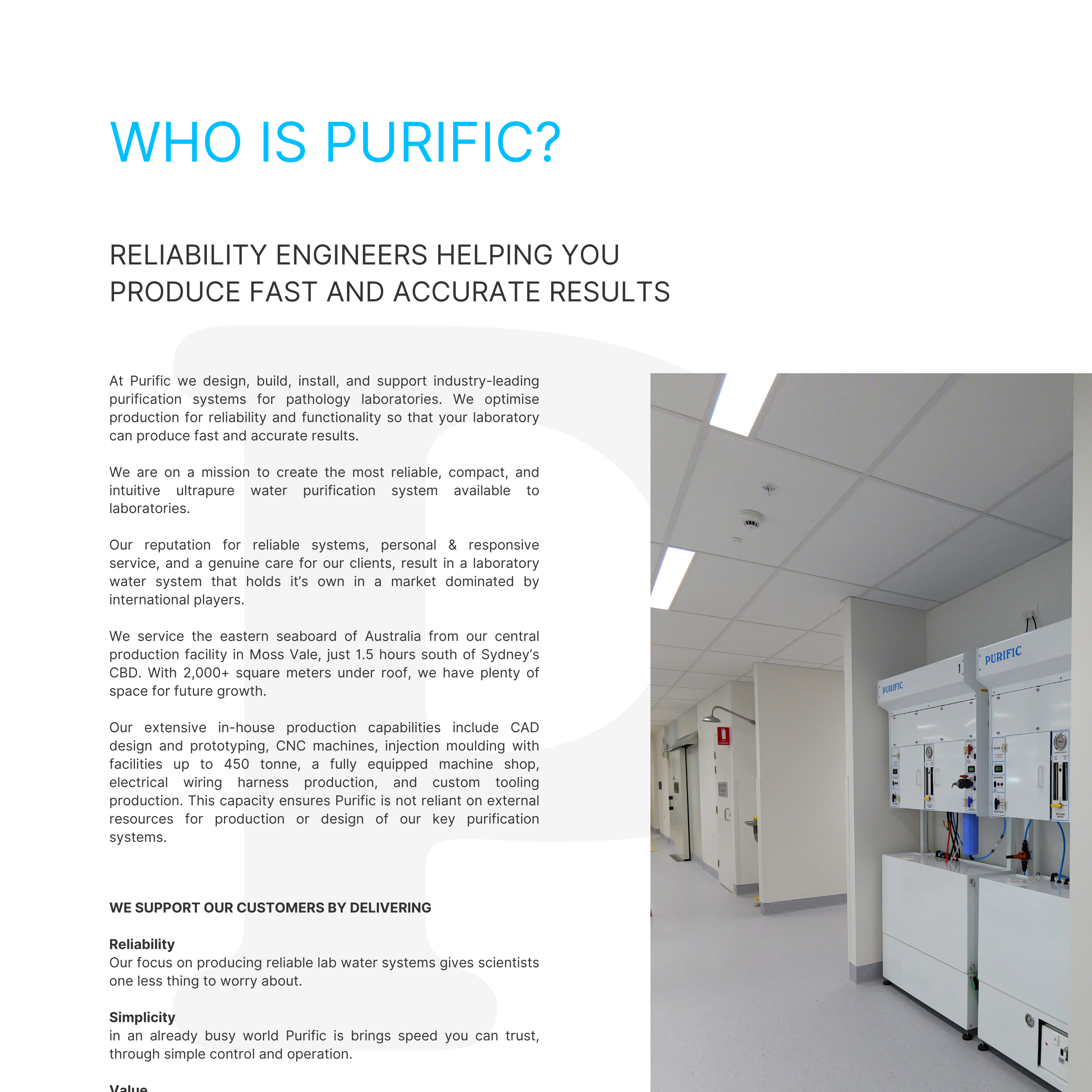Type 1 Water Parameters
Type 1 Ultrapure Water Contaminant Removal This table outlines the contaminants that must be removed to achieve Type 1 ultrapure water quality (HPLC, LC-MS, ICP-MS, molecular biology, cell culture), including the target parameter, filtration or purification media, method, and the logic for removal. Contaminant Typical Type 1 Spec / Requirement Filtration / Purification Media Method […]





